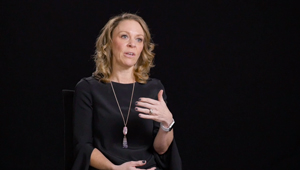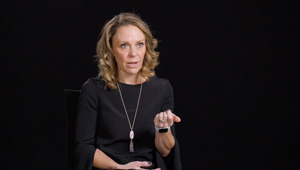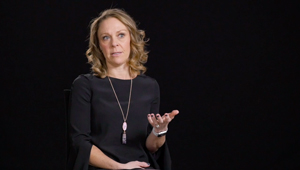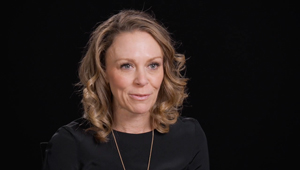Video Library Categories
- Acuity
- AONN+ Memories
- Barriers to Care
- Best Practices
- Best Practices in CAR T-Cell Therapy
- Board of Trustees
- BOLD
- Breast Cancer
- Cancer Biomarkers
- Cancer-Related Legal Issues
- CAPE CLL
- Caregivers
- Case Studies
- Chronic Disease
- Clinical Pearls
- Clinical Trials
- CoC Standards
- Commission on Cancer
- Committees
- Conference Testimonials
- Coordination of Care/Care Transitions
- COVID-19
- Distress Screening
- Evidence into Practice
- Financial Navigation
- Financial Toxicity
- Genetics and Genomics
- Health Disparities
- Heroes of Hope
- Immunotherapy
- Integrative Cancer Care
- Local Navigator Networks
- Member Benefits
- Membership Testimonials
- Mental Health
- Navigation
- Navigator Anecdotes
- Navigator FAQs
- Networking and Community
- Novice Navigators
- Nurse Navigation
- Nurse Navigators Video Vignette Series
- Oncology Care Model
- ONE Award
- Operations Management
- Patient Advocacy/Empowerment
- Patient FAQs
- Patient Navigators
- Policy and Advocacy
- Precision Medicine
- Products and Devices
- Professional Roles and Responsibilities
- Psychosocial Support Services/Assessment
- Reducing Racial Disparities in Cancer Care
- Research
- Research/Quality/Performance Improvement
- Role of the Navigator
- Sexuality and Cancer
- Standardized Metrics
- Starting a Navigation Program
- Support Services
- Survivorship
- Technology
- Telehealth
- Tools and Resources
- Town Hall and Panel Discussions
- Tumor Boards
- Value-Based Care
- What's Your Why?
Sexuality and Cancer
Sexuality and Cancer: What Resources Are Available?
Sage Bolte suggests a number of resources for oncology professionals to leverage when speaking with their patients about sexuality.
Talking to Your Patients About Sexuality
Sage Bolte reiterates a number of talking points that she believes navigators should be addressing with their patients regarding sexuality, stressing that the conversation, while uncomfortable, is important.
Misconceptions Around Sexuality and Cancer
Sage Bolte addresses some common misconceptions around sexuality and cancer, including the perceptions that certain demographics are less burdened than others by how a cancer diagnosis or treatment affects sexuality and intimacy.
Sexual Side Effects of Cancer Treatments
Sage Bolte provides an overview of a number of common sexual side effects of cancer treatments, and suggests measures that patients can take to cope with them.
Patients with Cancer in the LGBTQI Community
Sage Bolte stresses that it's important as a navigator not to make assumptions to foster trust with your patients, and cites ways to be inclusive when working with patients in the LGBTQI community.
Sexuality and Cancer: Consistency Is Key
Sage Bolte believes the approach to discussing sexuality with men versus women should always be the same, and it's only the information that changes.
Navigating Sexuality in Patients with Cancer
Sage Bolte emphasizes how important the oncology navigator is in normalizing open and honest discussions about sexuality with their patients, and suggests ways for navigators to start the conversation and show that they care about their patients' sexual health.
Sexuality and Its Relationship to Cancer
Sage Bolte defines what sexuality means and how diagnoses of different types of cancer affect a person's sexual self in a variety of ways.
Thank You to Our Corporate Sponsors and Alliance Partners!

Major Corporate Sponsor

Patron Corporate Sponsor

Patron Corporate Sponsor

Patron Corporate Sponsor

Industry Relations
Council Member

Industry Relations
Council Member

Industry Relations
Council Member

National Alliance Partner

National Alliance Partner

National Alliance Partner

National Alliance Partner

National Alliance Partner

National Alliance Partner
Privacy Notice | Terms of Use
© 2009- DBA AONN+ Academy of Oncology Nurse & Patient Navigators® | PO Box 357387, Gainesville, FL 32635-7387 |
AONN+ DBA AONN+ is a 501(c)(6) organization under federal tax guidelines. AONN+ Foundation for Learning, Inc. a 501(c)(3) organization under federal tax guidelines.
AONN+ Advantage, LLC, a wholly owned subsidiary of AONN+.










